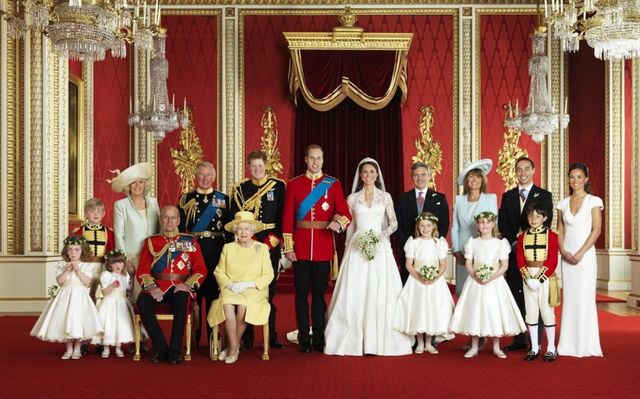Living life the Royal way, Adapting to the present generation
For the rest of the world, bingo has often been associated with the image of a quintessential past time of traditional neighbourhoods, of old women and housewives who frequent their local churches for a round of the game. But in England, this bingo culture is shot in a different light.
While today’s mainstream media has dubbed the simple card game as the game for hipsters (because of its rarity), the European setting is almost the opposite. In the UK alone, it is estimated that people attended bingo halls more than football matches in 2010. This striking figure is sure to puzzle today’s generation who are more inclined to visit vibrant entertainment establishments compared to the low-key atmosphere experienced in a bingo hall.
So what exactly does the simple game has to offer? One pervading theme that helped propel bingo to renowned status is its association with the Royal family.You see, the Duke and Duchess of Cambridge and Queen Elizabeth herself are known as regulars of the card game. They are often found visiting bingo halls during celebratory times or even when their free time suits their busy schedules.

Additionally, royalty is not the only reason for the strength of the simple hobby. Another factor that comes in is the pastime’s communal setting. Before bingo enjoyed its status today, the pastime has been often a part of the routine of communities so
they can meet together and have a chat. This is one reason why even the virtual bingo scene has made sure to capture the communal setting. Today, you will find cheekybingo interactive forums, which highly emulates the same interactivity seen in modern gaming or in a regular round of bingo in local halls. Similar to simple card or board games, bingo found its niche in the virtual world and has then adapted to the demands of the present setting.

